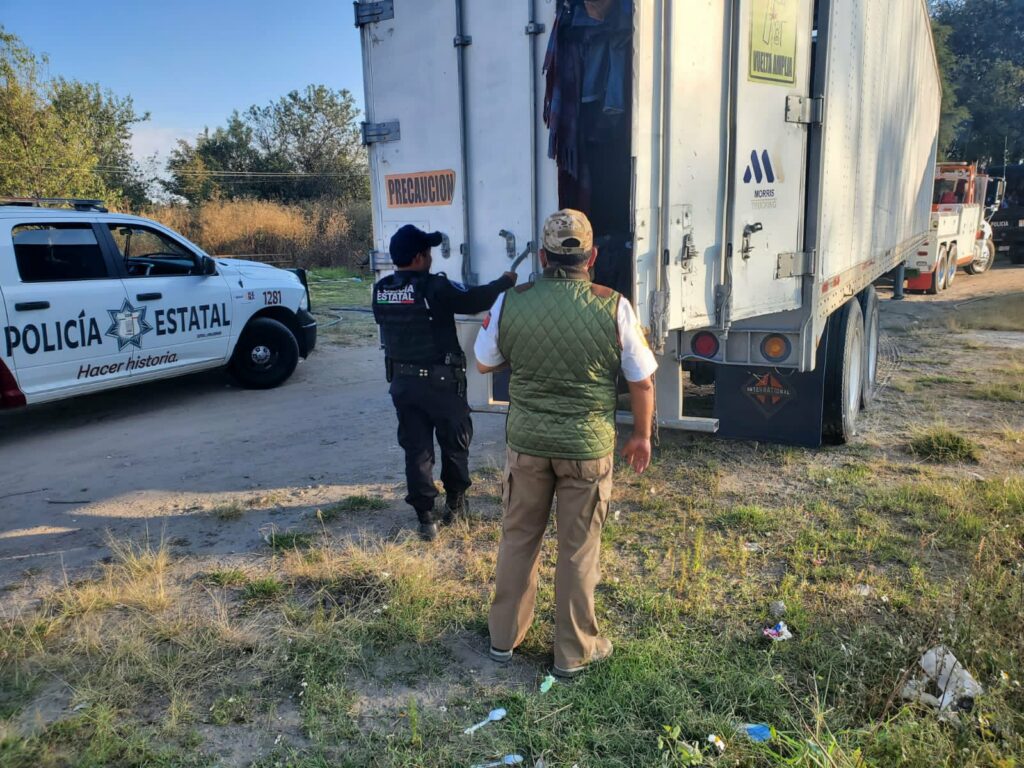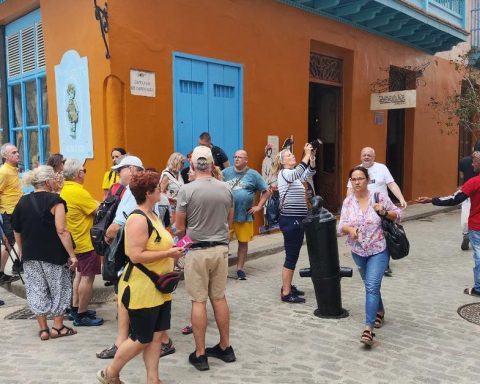From the Writing
Newspaper La Jornada
Tuesday, November 1, 2022, p. eleven
On May 2, 2019, the then head of the Human Rights Ombudsman of the People of Oaxaca (DDHPO), Manuel Peimbert, accompanied by victims of persecution and torture in that entity, went before the International Criminal Court (CPI), with headquarters in The Hague, the Netherlands, to file a complaint against various officials, including former Governor Ulises Ruiz and former Presidents Felipe Calderón and Vicente Fox.
The complaint – which adheres to the Rome Statute, which mandates the ICC – is still in force and awaiting further information. It is based on crimes against humanity committed by state security forces (municipal and state, in coordination with federal) between 2006 and 2007, during the movement of the Popular Assembly of the Peoples of Oaxaca (APPO).
The balance was, according to the DDHPO, 30 extrajudicial executions, 311 arbitrary detentions, 248 cases of documented and proven torture, as well as the forced disappearance of at least two people.
These employers are attached to what the Rome Statute sanctions and, according to the complainants, demonstrate the patterns of systematicity and the policy by the Mexican State to generate terror among the mostly indigenous population
. In the document they add that this strategy was repeated (in the six-year terms of Calderón and Enrique Peña Nieto) on several occasions and in different entities of the country.
In addition to the former governor, Fox and Calderón, the complaint also points out that the former Secretaries of Public Security Eduardo Medina Mora and Genaro García Luna, as well as the former Attorney General of the Republic Daniel Francisco Cabeza de Vaca, are also responsible for these harmful acts. .
Last July, in an interview with this newspaper, Peimbert – today Oaxaca’s attorney general – indicated that as part of the process, the ICC gives voice to the member nation-states to express themselves on what has been denounced. So it was that Édgar Elías Azar, who in 2019 was Mexico’s ambassador to the Netherlands, lobbied not to advance the complaint
.
However, it is still valid – it was not discarded de facto as happens with most processes before the ICC – and is in the process of documentation.
She is alive. The Foreign Ministry could rule that it has no objection to the Mexican State being investigated for the period in which this type of crime was possibly committed.
pointed out Peimbert in the aforementioned interview.














